https://www.youtube.com/watch?v=Q6OesBgrbgE Researchers are exploring a new approach to cancer treatment by transforming tumor cells into a more rigid, fibrotic state, which may help to slow cancer’s growth. Traditionally, fibrosis — a process that thickens tissue —...
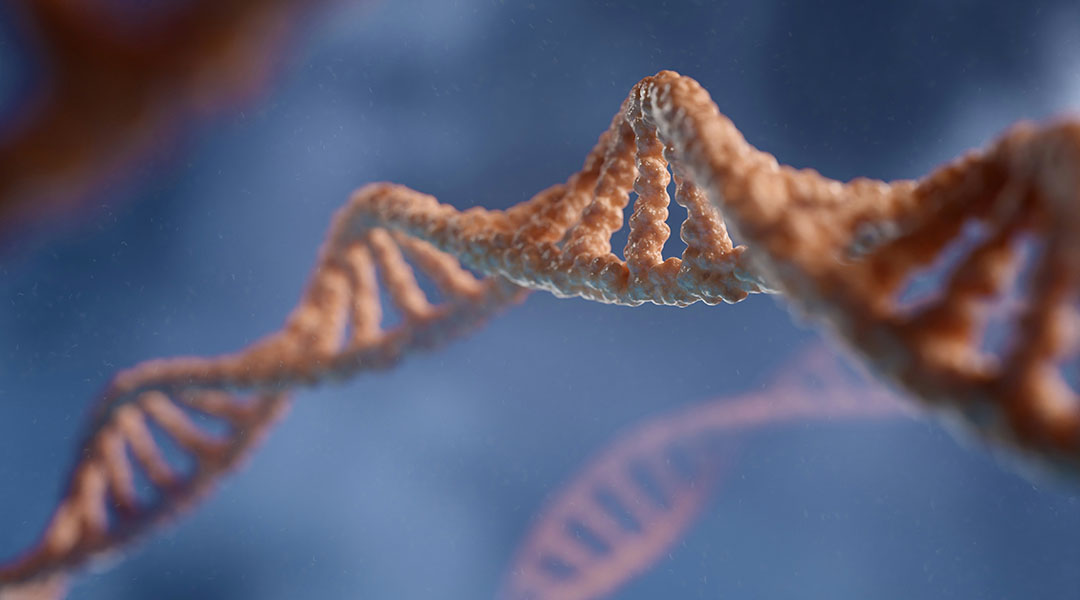
Researchers explain the intricate interactions that shape DNA organization
Scientists uncover how the complex interactions between nucleosomes influence DNA’s organization in chromosomes.
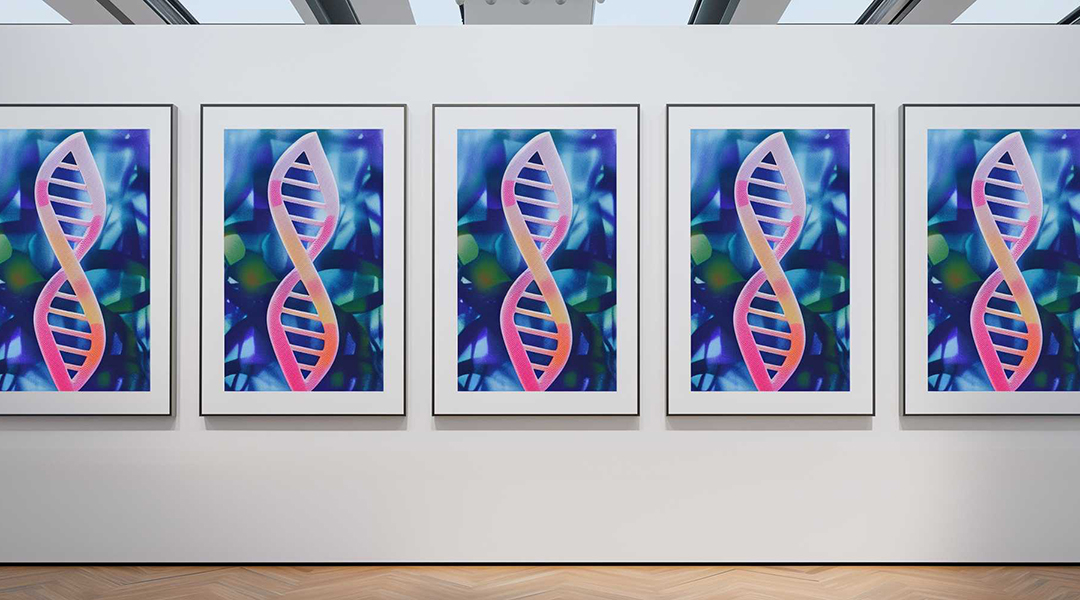
Quantum proofing passwords and artwork with DNA encryption
Chaotic pools of DNA could be the future of encryption, proving authenticity of artwork or securing passwords against quantum computers.
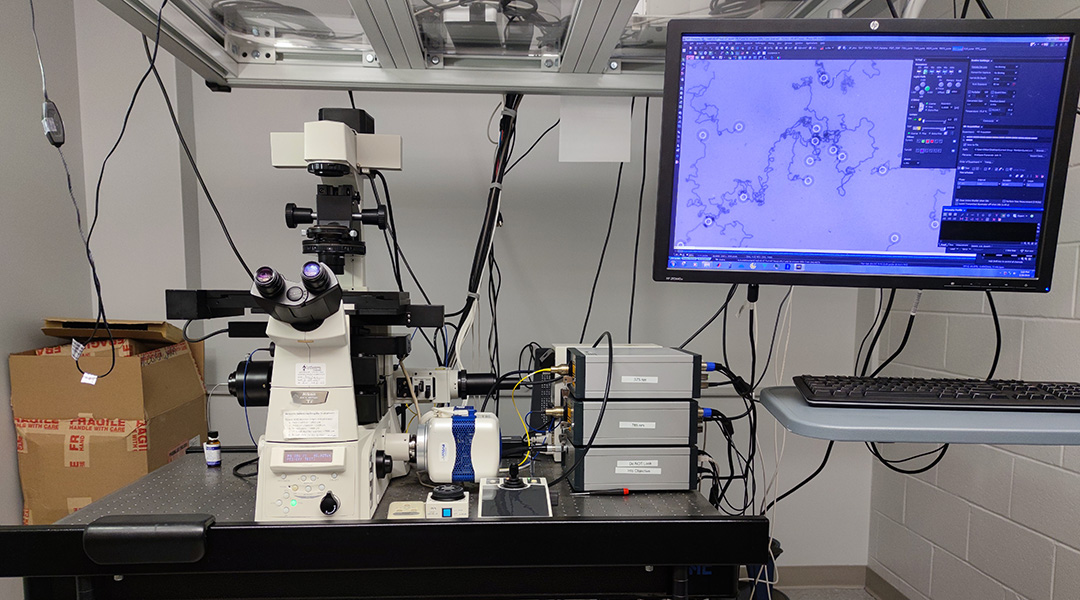
Scientists harness DNA nanomotors to build better viral tests
Scientists achieve threefold speed boost for DNA nanomotors and applied them to breakthrough virus detection for SARS-CoV-2 and RSV tests.
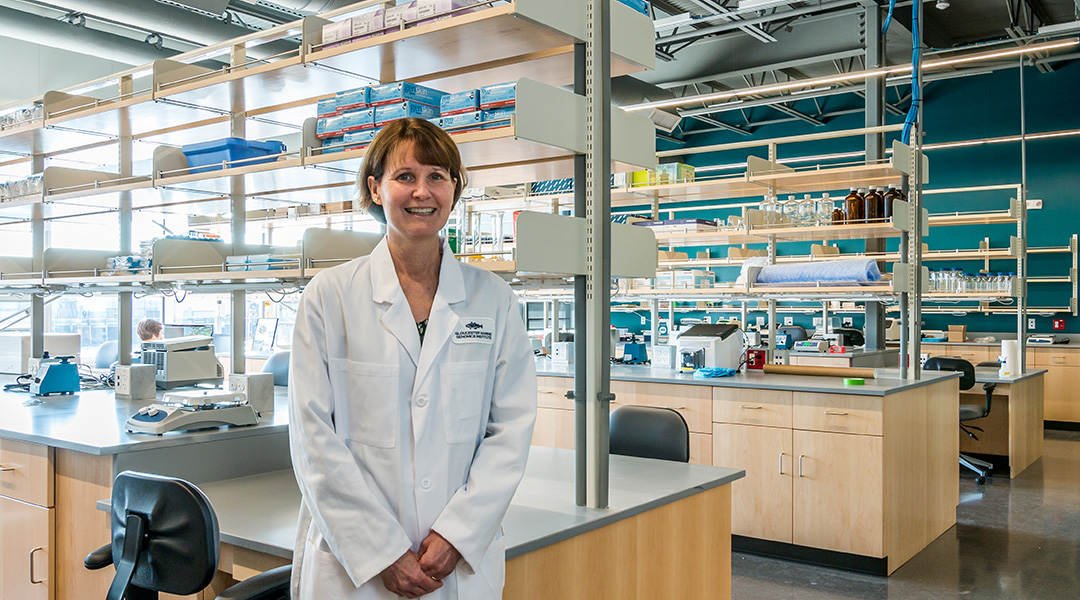
Unlocking the mysteries of the sea: A conversation with biochemist Andrea Bodnar
Andrea Bodnar, a biochemist by training, is leading researchers who strive to unlock the mysteries of marine life, promote sustainability, and inspire the next generation of scientists.
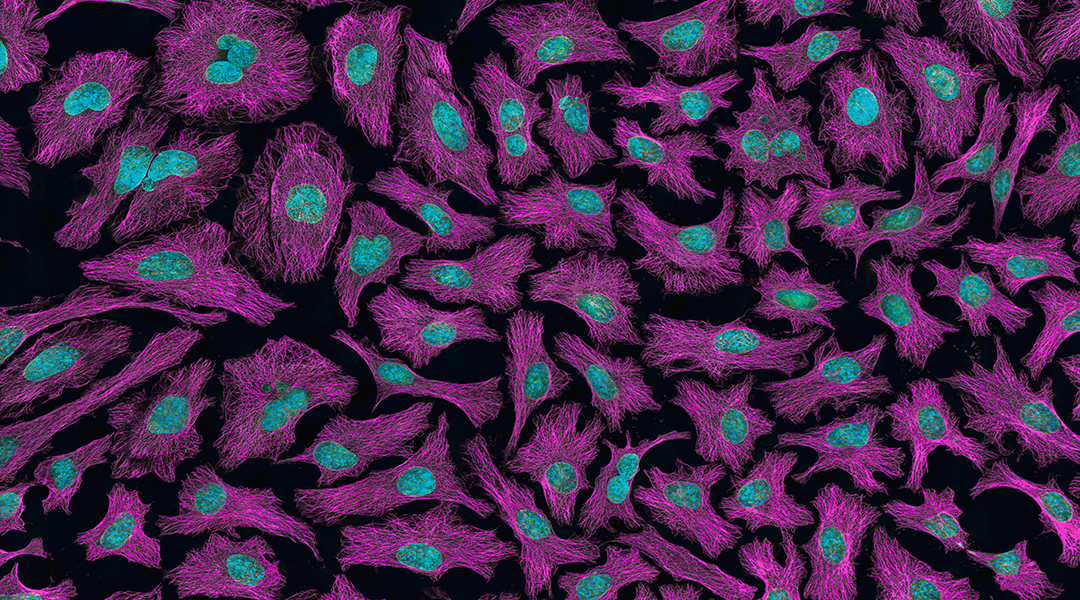
A DNA robot that walks on the surface of cells
DNA robots built to transverse fluidic cell membranes and control cell function for future regenerative and cell-based therapies.

DNA repair using CRISPR will be key to future space exploration
DNA damage by radiation is a concern for space travelers. New experiments on the ISS show that CRISPR gene editing tools can function in space and can potentially be used to mitigate these effects.
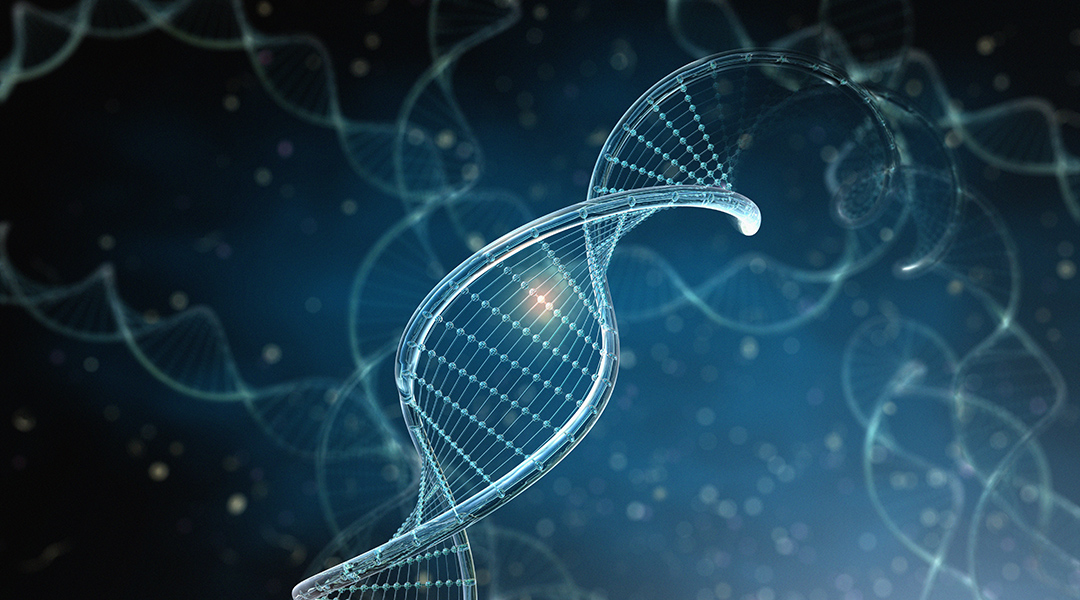
A logic circuit made from DNA
Changing the shape of soft matter using circuits made from DNA.
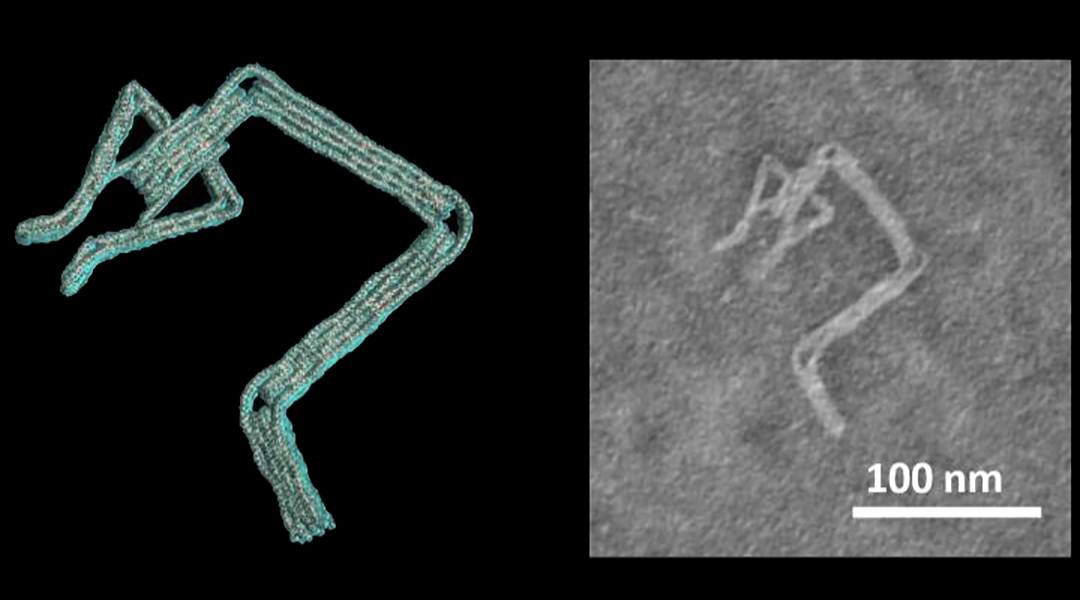
DNA robots designed in minutes instead of days
New software allows researchers to create complex structures from DNA, such as robot arms with claws and nanometer-sized airplanes.

Is forensic DNA analysis an effective crime fighting tool?
A new study explores the contributions of forensic DNA analysis to crime detection and asks whether its effectiveness can be improved.










